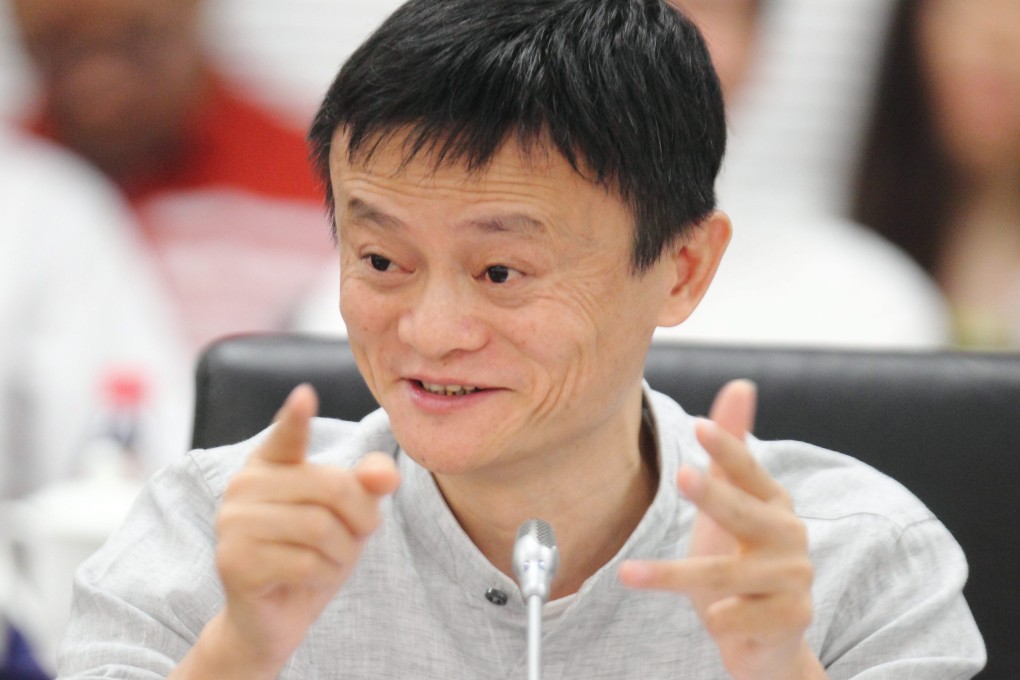Alibaba chairman's spending spree fuels guessing game
Now this is a spending spree. E-commerce titan Alibaba Group's founder and chairman Jack Ma Yun has spent about 40 billion yuan (HK$50.2 billion) in mergers and acquisitions so far this year, either through Alibaba Group or through other entities controlled by him.

Now this is a spending spree. E-commerce titan Alibaba Group's founder and chairman Jack Ma Yun has spent about 40 billion yuan (HK$50.2 billion) in mergers and acquisitions so far this year, either through Alibaba Group or through other entities controlled by him.

Just one day earlier, Ma added a new item to his long 2014 acquisition list: football. It seems the English teacher-turned-entrepreneur wants to build his company into an empire before its potentially record-breaking initial public offering in New York, rumoured to take place in the third quarter of the year.
The move into sport surprised people, as there seems little in common between dairy farming, football and e-commerce.
"I'm confused by the acquisitions Jack has made this year," said Liu Xingliang, chairman of Hongmai Software, a Beijing-based internet data analysis company.
"I feel it is no longer the Alibaba and Jack that I know."